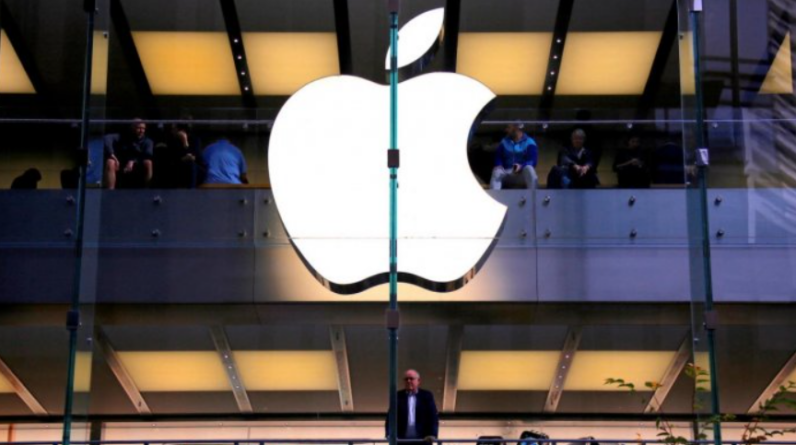
Technology innovator Apple. Computing gadget maker. A computer services firm. Music streaming company. It’s a lot.
Apple Inc. is one of the most prominent tech corporations, revolutionizing and altering sectors and attracting people globally. Apple’s success may be ascribed to several aspects, but their annuity business approach stands out.
Its innovative business strategy capitalizes on technology’s insatiable need for innovation. Apple generates demand for its products and services by regularly delivering new gadgets and software upgrades. Consumers pay for the device, Apple services like iCloud storage and music, and applications under this Apple annuity model.
The idea that Apple gadgets slow down or become outdated after a few updates is crucial to Apple’s annuity model. Over the years, this deliberate obsolescence has caused discussion and criticism.
Apple is accused of purposefully making its devices less efficient or compatible with newer software to encourage upgrades. Sleek designs, intuitive interfaces, and a cohesive environment make their products easy to use.

Innovation and simplicity of use create a strategic moat that keeps people involved in the Apple ecosystem and paying for Apple products and services. This annuity business is desirable to other sectors.
Apple is a life-income company.
Apple’s network of interconnected gadgets and services adds another layer to their computing power annuity approach. Apple’s seamless integration of iPhones, iPads, Macs, and other devices builds customer loyalty and makes it harder for people to move platforms.
Apple can determine its gadget prices without any haggling. No surprise even people who believe Apple goods are pricey and wish to switch to other operating systems (OS) or platforms can’t.
Even with competition, Apple’s strong brand image and dedicated client base drive its success. The apparent forced obsolescence and lack of price freedom are issues. Some say Apple’s method exploits consumer loyalty and their need for the latest technology, resulting in unnecessary and repeated upgrades.
However, Apple works in a highly competitive sector where innovation and distinction are crucial to success. Apple must deliver new features, functionality, and enhancements to preserve their position and fulfill consumer requests. This goal is met by the computing power annuity plan, which generates a steady income stream and a continual upgrading cycle.
Disruption may happen to any organization, including Apple. However, breaking Apple’s size and influence is difficult. Disruption can occur as consumer tastes change.
If a competitor can capitalize on new trends or unmet demands, it may be able to steal some of Apple’s customers. A corporation that prioritizes privacy and data protection may benefit if customer privacy concerns rise.
Apple’s strength is its seamless integration of hardware, software, and services. Apple’s disruption would require a competitor to offer a comparable or better ecosystem. It’s difficult to create an integrated environment like Apple’s. Disruption can also be affected by market dynamics and legislative changes. Changes in consumer behavior, geopolitics, or legislation might present new possibilities or difficulties for Apple and its rivals.
Established enterprises can be disrupted by technological advances. Augmented reality, virtual reality, artificial intelligence, and blockchain might transform the sector. A firm may challenge Apple if it uses these technologies well. But Apple seems to be counting on India for its user base and product development around upcoming technology.
